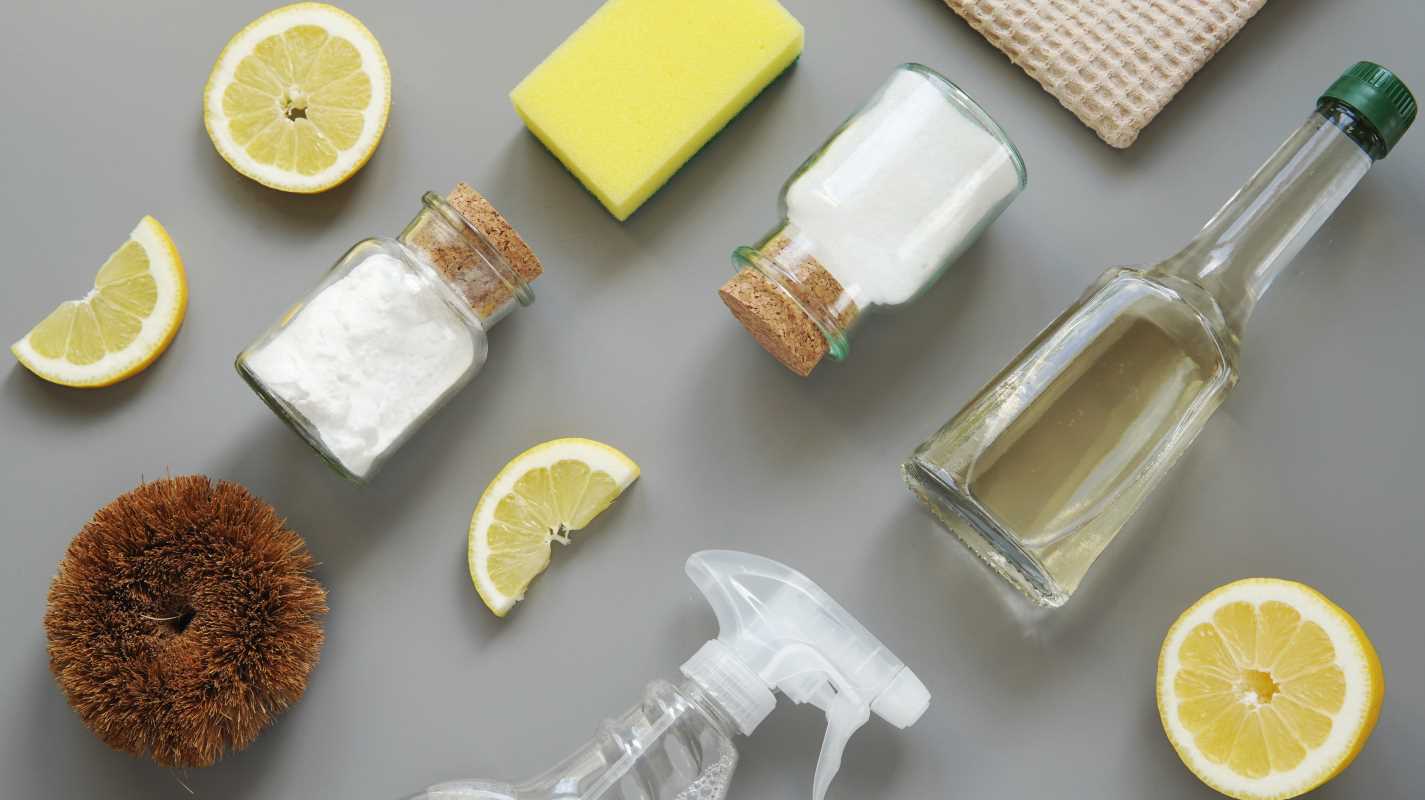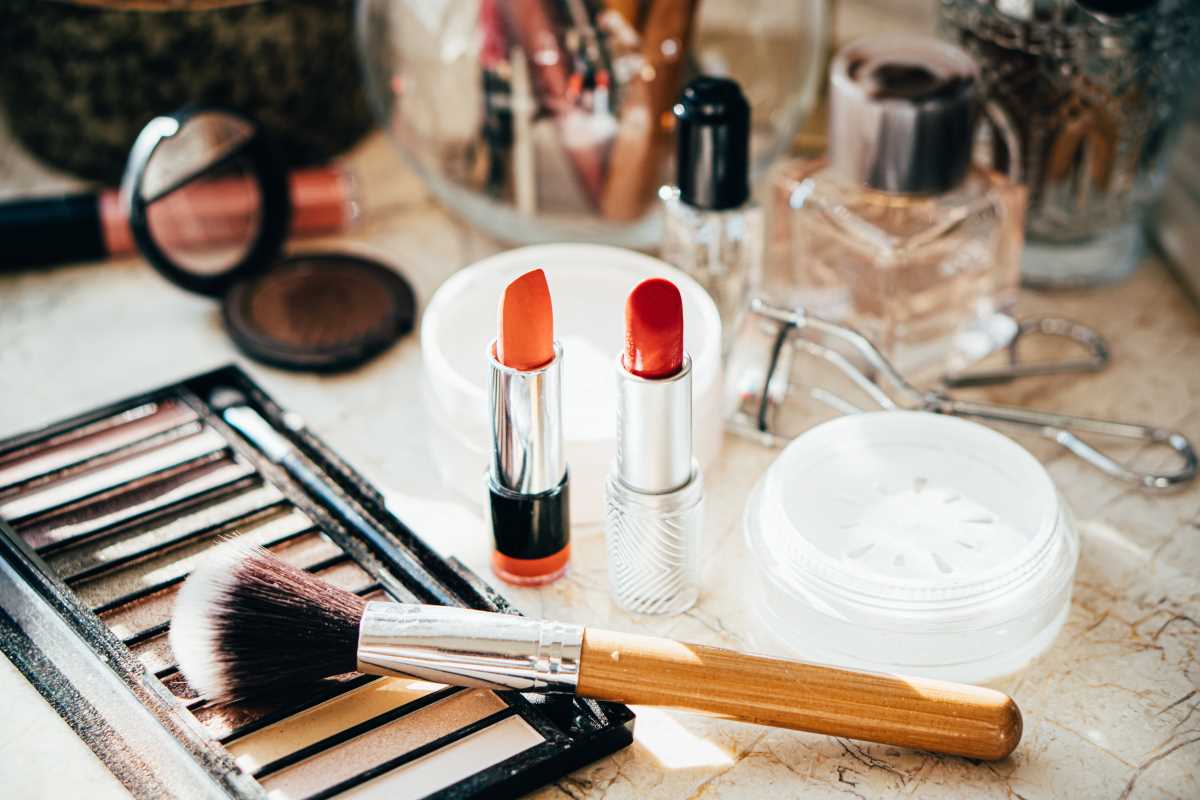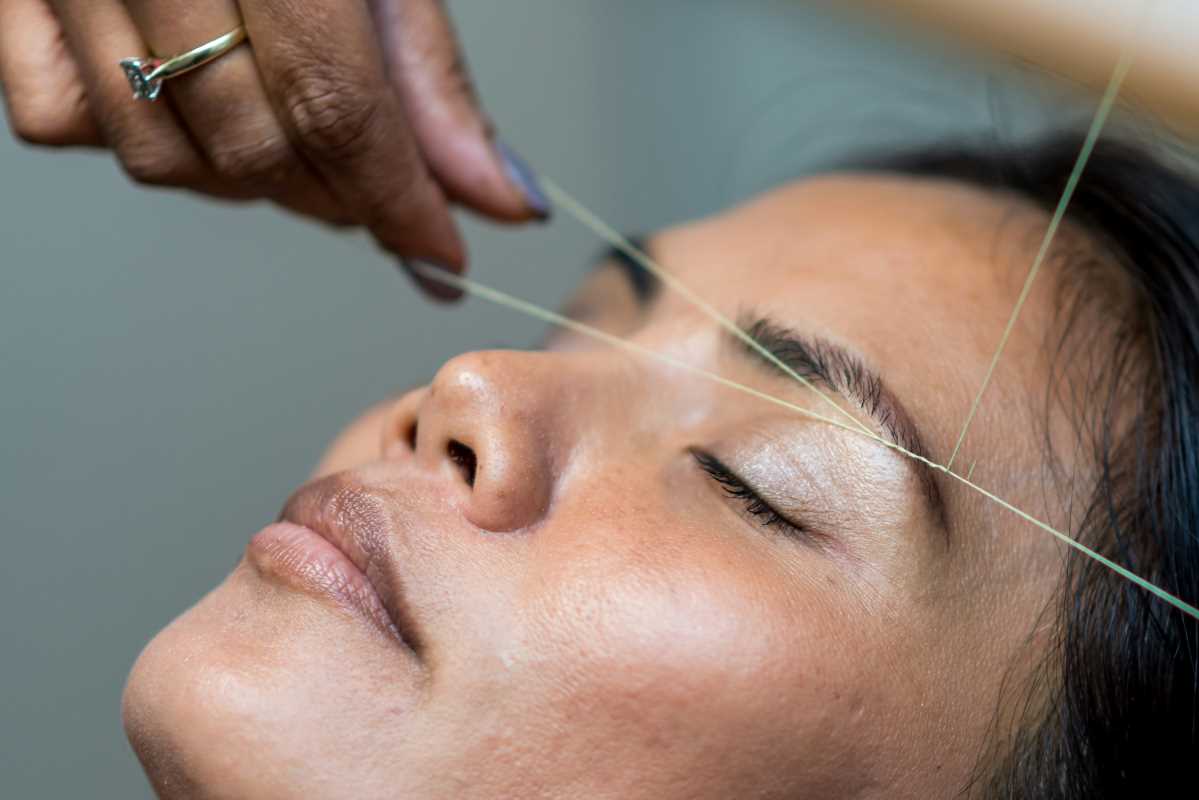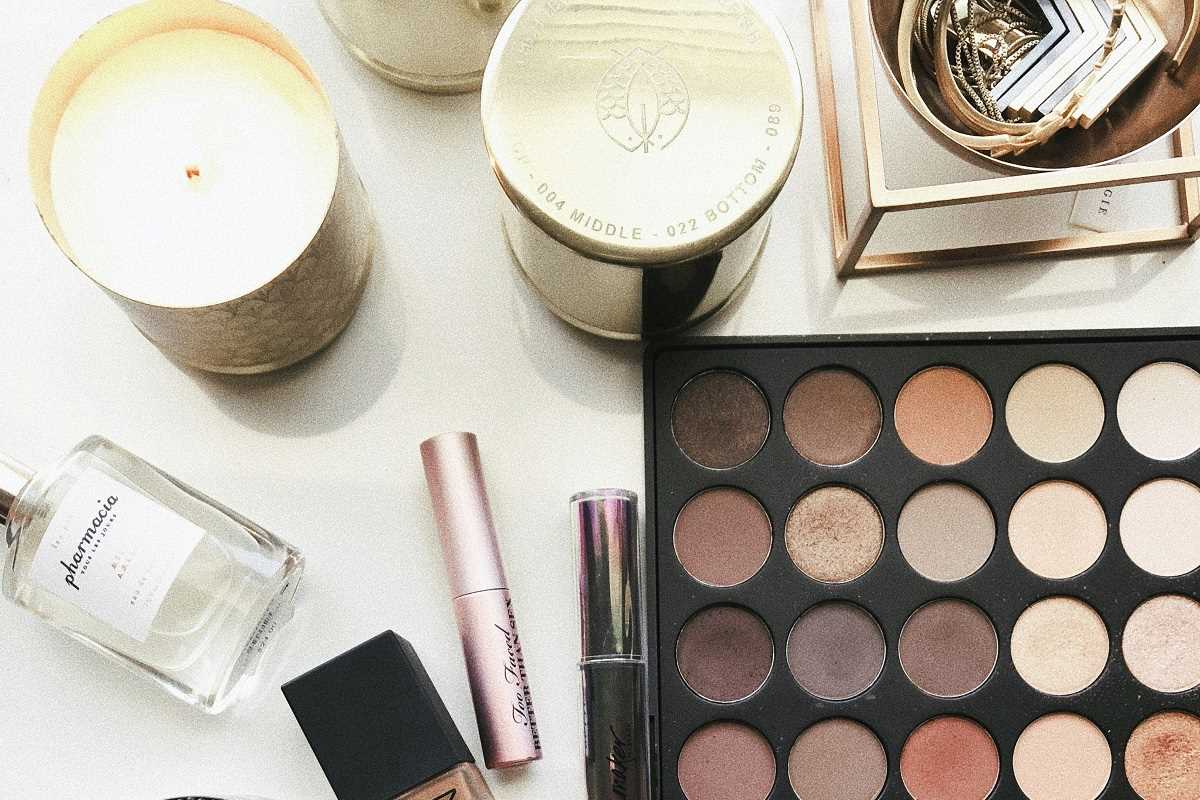Achieving clear, acne-free skin is a goal for many individuals, but the journey to that radiant complexion can sometimes feel overwhelming. From navigating the vast array of skincare products on the market to dealing with stubborn breakouts, knowing where to start can be challenging.
However, with the right knowledge and expert tips, you can develop a routine tailored to your skin’s needs and take steps toward clearer skin. Here’s a guide with tips and tricks recommended by skincare experts to help you achieve the healthy, glowing skin you've always wanted.
1. Understanding Your Skin Type
One of the most crucial steps to achieving clear, acne-free skin is understanding your skin type. Everyone’s skin is different, and using products that match your skin’s needs can prevent breakouts and irritation. Whether you have oily, dry, combination, or sensitive skin, knowing your skin type helps you select the right skincare products.
- Oily Skin: Those with oily skin may benefit from oil-free, mattifying products that control excess sebum production. Look for non-comedogenic (won’t clog pores) labels on products and consider ingredients like salicylic acid, which helps to manage oil production and reduce acne-causing bacteria.
- Dry Skin: For dry skin, maintaining moisture is essential. Use gentle, hydrating products that won’t strip your skin of natural oils, such as hyaluronic acid or ceramides.
- Combination Skin: Combination skin types need a balance of hydration without too much oil. It may be beneficial to use different products on different areas of your face if you have an oily T-zone and drier cheeks.
- Sensitive Skin: For sensitive skin, stick to gentle, fragrance-free products with soothing ingredients like aloe vera and green tea extract to avoid irritation.
2. Establishing a Consistent Skincare Routine
Consistency is the cornerstone of effective skincare. A regular daily skincare routine that includes cleansing, exfoliating, moisturizing, and applying sunscreen can help keep your skin balanced and prevent acne.
- Cleansing: Cleansing your face twice a day, morning and night, removes excess oil, dirt, and impurities that can clog pores. Choose a gentle cleanser that won’t strip your skin. For acne-prone skin, a cleanser with salicylic acid or benzoyl peroxide can help target acne-causing bacteria.
- Exfoliating: Exfoliating 2-3 times per week removes dead skin cells and prevents them from clogging pores. Opt for chemical exfoliants like glycolic acid or lactic acid, which are gentler on the skin than harsh physical scrubs.
- Moisturizing: Moisturizing is essential even if you have oily skin. A lightweight, non-comedogenic moisturizer can provide hydration without clogging pores. Look for ingredients like hyaluronic acid, which hydrates without adding oil.
- Sunscreen: Wearing sunscreen daily is vital for protecting your skin from UV damage, which can worsen acne scars and lead to premature aging. Choose an oil-free, broad-spectrum sunscreen with at least SPF 30 for effective protection.
3. Choosing the Right Products
With so many skincare products available, choosing the right ones for your skin can be overwhelming. When selecting products for acne-prone skin, focus on ingredients that target acne-causing bacteria and reduce inflammation.
- Salicylic Acid: A beta hydroxy acid (BHA) that penetrates pores to dissolve excess oil and dead skin cells, making it excellent for reducing breakouts and blackheads.
- Benzoyl Peroxide: Effective for treating acne by killing acne-causing bacteria on the skin’s surface. Start with a lower concentration to reduce the risk of irritation.
- Niacinamide: This form of vitamin B3 helps reduce inflammation and regulate sebum production, making it beneficial for those with both oily and acne-prone skin.
- Tea Tree Oil: Known for its antibacterial properties, tea tree oil can be a natural alternative to reduce acne. Dilute it in a carrier oil or use it in products formulated for acne-prone skin.
Introduce new products slowly and patch test them first to minimize the risk of irritation.
4. Eating a Balanced Diet
What you put into your body can also impact the health of your skin. A balanced diet rich in fruits, vegetables, lean proteins, and whole grains can nourish your skin from within. Certain foods, like those high in sugar, dairy, and processed ingredients, may trigger acne flare-ups in some people, so it can be beneficial to observe how specific foods affect your skin.
- Antioxidants: Foods rich in antioxidants, such as berries, spinach, and nuts, combat free radicals and help keep skin clear and youthful.
- Omega-3 Fatty Acids: Found in fish, chia seeds, and flaxseeds, omega-3s help reduce inflammation, which can be helpful in reducing acne.
- Hydration: Drinking plenty of water is also essential for clear skin, as it helps to flush out toxins and keep the skin hydrated.
5. Stress Management
Stress is a common trigger for acne breakouts due to the increase in cortisol, which can lead to higher sebum production. Finding healthy ways to manage stress, such as practicing meditation, yoga, or deep breathing exercises, can help improve your skin’s overall health and reduce the likelihood of breakouts.
- Sleep: Aim for at least 7-8 hours of sleep per night. A lack of sleep can increase stress and lead to skin issues.
- Exercise: Regular exercise promotes circulation, which helps to nourish skin cells and carry away waste products. However, make sure to cleanse your skin after sweating to prevent clogged pores.
- Mindfulness: Incorporating mindfulness and relaxation techniques into your routine can help manage stress levels, benefiting your skin in the long run.
6. Incorporating Professional Treatments
Sometimes, stubborn acne may require the expertise of a dermatologist or skincare professional. Treatments like chemical peels, laser therapy, or prescription medications can help target severe acne and prevent scarring.
- Chemical Peels: Peels using salicylic or glycolic acid can help exfoliate the skin deeply, reduce acne, and promote a more even skin tone.
- Laser Therapy: Certain laser treatments target acne and acne scars by stimulating collagen production and reducing bacteria.
- Prescription Treatments: In cases of severe acne, a dermatologist may recommend topical or oral medications such as retinoids, antibiotics, or hormonal treatments.
Consulting with a skincare specialist can provide personalized recommendations and treatments tailored to your skin's needs.
By incorporating these expert tips into your skincare routine, you can take significant steps toward achieving clear, acne-free skin. Remember, consistency, patience, and self-care are essential for any skincare regimen.
With a steady approach and the guidance of skincare experts, you can overcome acne challenges and enjoy a radiant, healthy complexion.







